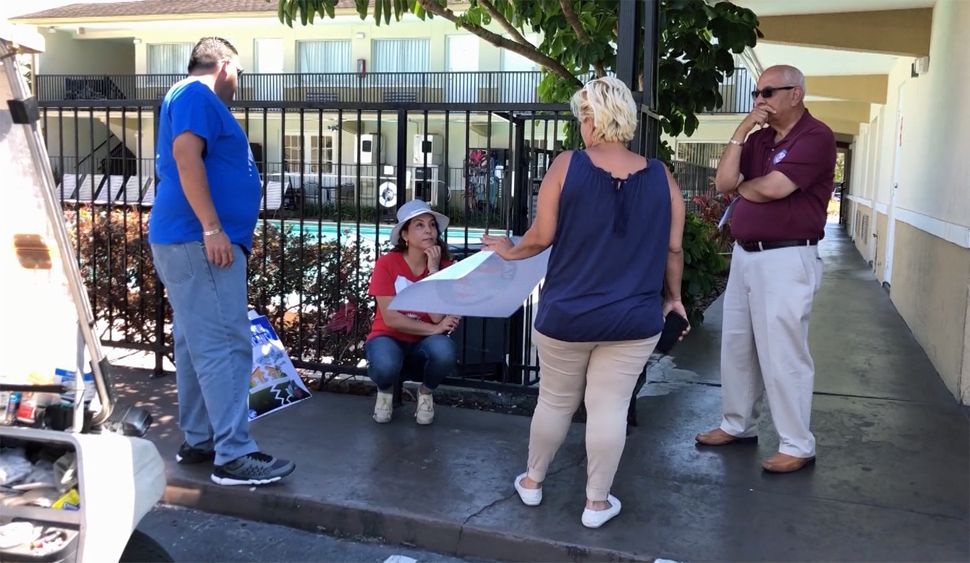Several Puerto Rican families displaced by Hurricane Maria will have nowhere to stay starting this Saturday.
- FEMA sets ups criteria of who is not eligible for help
- Families say they were not given enough time to find new places to live
It was early Monday morning when Elsa Montalvo learned she and her daughter needed to find a new place to live by the end of the week.
"We technically have to be gone Friday because on Saturday we have to turn our keys in," said Montalvo.
For months, she has been living in a motel in Kissimmee, thanks to FEMA's Transitional Sheltering Assistance Program (TSA) that has paid for Montalvo and other families' hotel nights. The assistance is coming to an end for many, and like Montalvo, have to leave the hotel or pay for the nights themselves.
Families received voicemails and text messages from FEMA, explaining they will not be extended to May 14, as originally thought.
On Wednesday, several federal lawmakers, including U.S. Sens. Bill Nelson and Marco Rubio called on FEMA to reconsider its decision to end the housing assistance program.
“At a minimum, the deadline for TSA should coincide with the end of the school year for mainland states,” the lawmakers wrote in a letter to FEMA Administrator Brock Long and Puerto Rico Gov. Ricardo Rosselló.
FEMA says it continues reviewing families' eligibility per Rosselló's request.
In an email from FEMA spokesperson Lenisha Smith, she explained survivors who meet the following criteria will not be eligible for continued TSA assistance for the upcoming eligibility review:
- A survivor cannot verify their occupancy.
- The residence/address is not a survivor’s primary residence.
- A survivor has duplicate applications for assistance.
- A survivor was not referred to the Individuals and Households Program (e.g. survivor's home(s) had insufficient damage, their utilities are working, etc.).
- Survivor has not responded to multiple calls from a FEMA inspector.
Additionally, for this upcoming eligibility review, Rosselló expanded the criteria. Therefore, survivors who meet the following additional criteria will not be eligible for continued TSA assistance:
- If a survivor's residential repairs were completed under Tu Hogar Renace; and/or,
- If a survivor received two months of rental assistance.
FEMA has spent more than $63.5 million just on the TSA program to house families all over the mainland, with Florida being the state with most families displaced by Hurricane Maria.
Families such as Montalvo's who have no plans to returning back home and asks for a little more time to get her life back together.
"There's a lot of rules to rent here and you have to make a certain amount of money to be able to rent. But the wages we can get, don't reflect that. So we're still stuck,” Montalvo said.
FEMA says if any family has any questions or concerns to contact FEMA directly at 1-800-621-3362. It says every decision is being made on a case-by-case basis. For more information, visit www.fema.gov.



